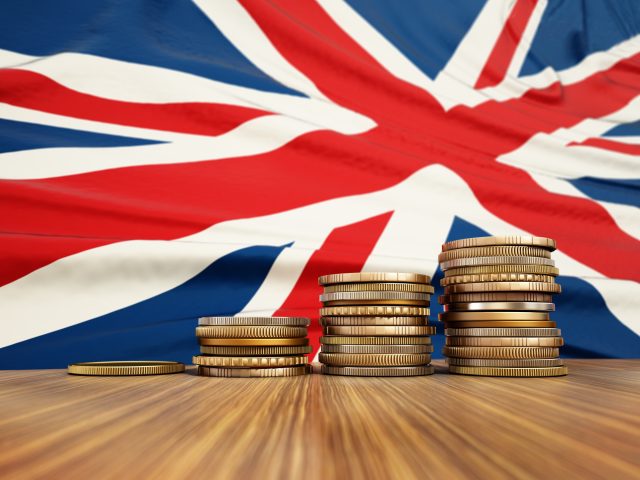Hospitality businesses remain crippled by rising interest rates, although GDP figures published today show signs that the UK economy is “returning to full health”.

This morning, Chancellor Jeremy Hunt said that today’s GDP figures are “evidence that the economy is returning to full health”.
Today’s numbers also show how well the economy fared in March alone. according to BBCEconomists expected GDP to increase by 0.1%. What they actually saw was 0.4% growth between February and March.
Within this category, accommodation and dining services, also known as restaurants, saw a sharp increase, driven by the early Easter holiday, as well as Mother’s Day and St. Patrick’s Day.
However, experts do not agree that GDP numbers are a sign of “perfect health.” After two years of very little growth, a set of positive numbers “cannot be taken as evidence of anything,” according to Professor Stephen Millard, deputy director of the National Institute of Economic and Social Research.
Accountants at the Institute of Chartered Accountants in England and Wales describe the rise in GDP as an “empty victory”.
The overall picture “remains that of a stagnant economy, where low productivity and high economic inactivity limit our growth potential,” says Suren Thero, director of economics at the institute.
He said: “A sharp exit from recession may inadvertently keep British interest rates high for longer, by giving policymakers who remain concerned about underlying inflationary pressures enough comfort about economic conditions to continue postponing interest rate cuts of all kinds.”
Commercial implications
What impact will this have on British hospitality? Despite early signs of economic growth, the Bank of England has kept interest rates at their current level, meaning businesses will continue to struggle with cost pressures.
Yesterday, seven members of the bank’s Monetary Policy Committee, which oversees interest rates, voted to keep the interest rate at 5.5%. Two members voted to abolish it.
UKHospitality claimed the Bank of England’s decision to hold interest rates again continues to force businesses to shift money from investing to paying bills.
Kate Nicholls, chief executive of UKHospitality, said: “It is disappointing that interest rates will not be cut when inflation has been falling steadily.
“Many hospitality businesses are still struggling to repay COVID-19 related loans due to persistently high interest rates, which continue to take money away from investment and business growth.
“Hospitality has proven its ability to drive economic growth, create jobs and contribute to the regeneration of towns and cities when it has the financial space to invest. Low interest rates are a key element in freeing up liquidity for businesses, and I hope interest rates will be lower next month.”
Amy Knight is a personal finance expert and small business commentator at the financial comparison site Nerdwalt UKHe said there would likely be a “painful delay” before UK business owners felt the benefits of a healthier economy.
“Services outperformed the manufacturing and construction sectors, both on a monthly and quarterly basis,” he said. “Small retail businesses will contribute to the impressive 0.7% growth in this sector.”
“However, persistent inflation has made it difficult to absorb business expenses. Although the increase in the VAT threshold is beneficial to some, business rates still have a significant impact on small businesses.
“Salaries have also risen dramatically, leaving many business owners unable to consider expansion as they are still struggling to pay off debts accumulated in recent years.”
The energy crisis, shipping delays and other pressures on the supply chain have created “deep holes that small businesses are still struggling to emerge from,” he said. Despite the economic recovery, “inflation has been part of the cost of doing business for so long that even positive economic news can leave a bitter taste for those who have spent the post-pandemic period watching their profits evaporate.”
Knight said a “generous cut” in interest rates at the next Monetary Policy Committee meeting would be necessary to “temper current expectations.”

“Creator. Devoted pop culture specialist. Certified web fanatic. Unapologetic coffee lover.”
